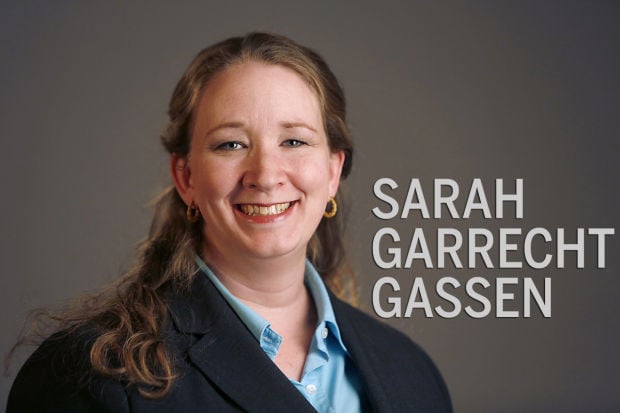What are you grateful for?
Loved ones, furry friends.
Health, of course.
A decent place to live, a job with a paycheck that covers the essentials and, hopefully, at least a bit more.
I’m not talking about the gee-isn’t-that-sunset-pretty variety, although that’s nice, too. I mean the gratitude that reveals itself in our root moments, when we’re grounded in the present.
Gratitude is recognizing the privilege of having options. The luxury of choice. The security of knowing that when you fall, or are pushed by life, arms beyond your own will be outstretched.
Gratitude is born of the realization that not everyone is so rich. It grows with the knowledge that our good fortunes can change in an instant — that despite the comfort our daily routines offer, much of life is beyond our control.
Gratitude is about understanding that as much as we dread going to the dentist, we should be grateful that we can. That you may have had a bad day, but there’s someone who wants to make it better. It’s about hearing criticism, and taking it, at least in part, as the opportunity to see yourself from a different point of view.
Gratitude helps soften uncertainty. And this is an uncertain time.
Maybe certainty only comes in history books and in the stories we construct about our lives, because we are the proof that uncertain times can be survived and shared with the next generation.
The world feels more divided lately, broken down by personal experience, perspective, political belief, assumptions. Uncertainty can push us inward, when we should be reaching outward. Gratitude offers an antidote, a way to remember that we all face obstacles.
But the obstacles we face, as a community, aren’t always seen the same way. The ability to hold two truths seems to elude us, as if it’s impossible to be both outraged by the deaths of so many African-Americans while in police custody and devastated by the deaths of law enforcement officers killed on duty.
I worry that if we can’t even agree on what is a tragedy — if we are expected to pick sides in grief — what keeps us together as a community and country can’t hold. Reflexively finding blame to place can offer a shield against seeing injustices that don’t affect us directly but are very real.
I worry about a country that can’t even agree that people being killed is a problem. The response of “yes, but ...” is troubling. If we can’t mourn the loss of a fellow human being — that fact alone — we are sunk.
We must be strong enough to call out these problems. We must be strong enough to talk and be filled with enough gratitude for the good in our own lives to see that America isn’t the same experience for everyone — that much depends on race, economic status, gender, education, religion, disability, whom we love, whether we have kids.
Imagine what it would be like if we could hold enough gratitude ourselves to want others to have the good things we have. To want everyone to have a sense of security, of love, of being needed.
Gratitude isn’t only an observation about our own lives. True gratitude is a call to action, a call to be an arm outstretched toward those in need.





